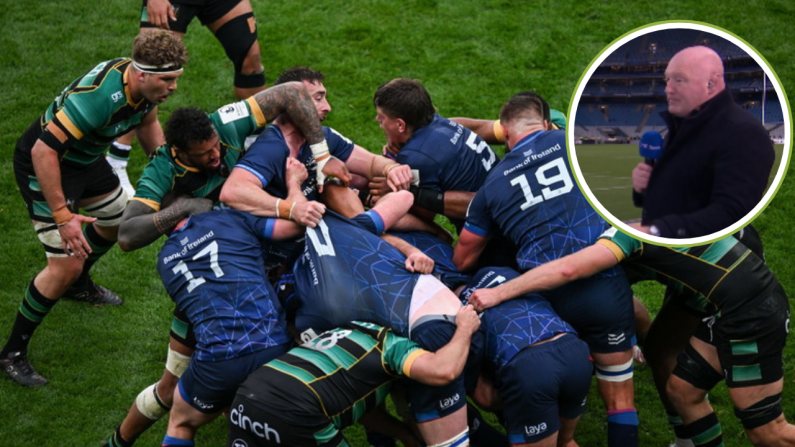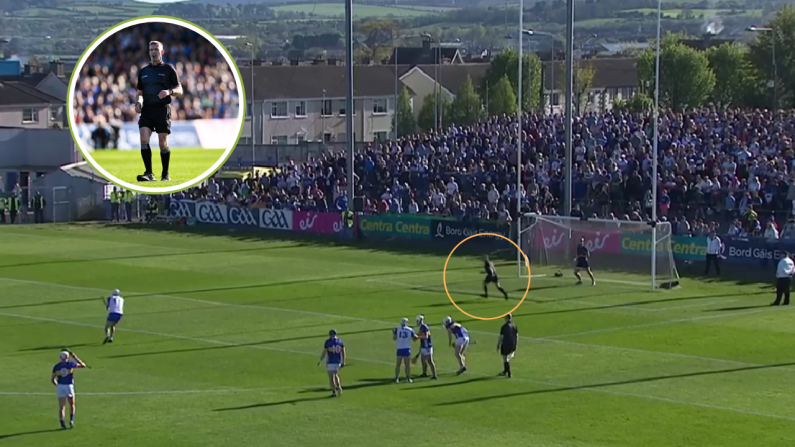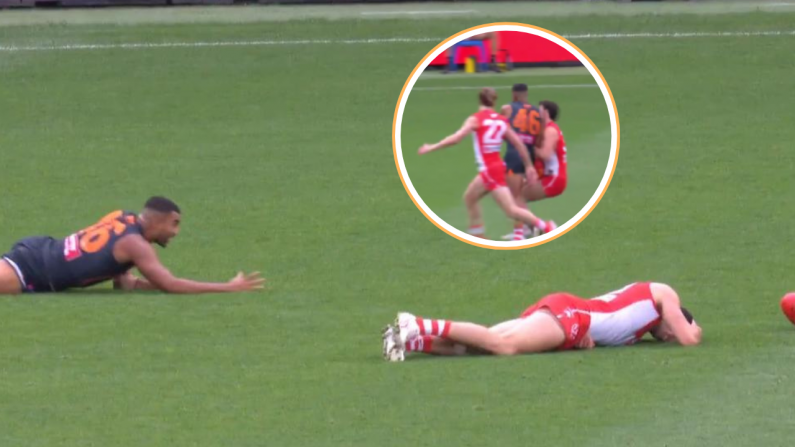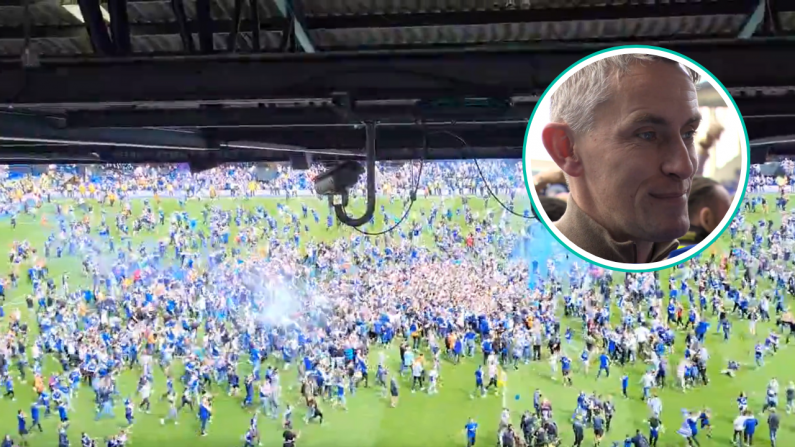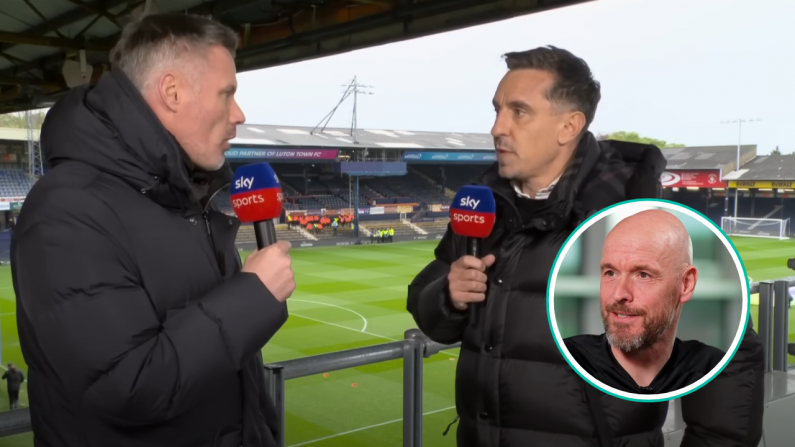The 1999 Confederations Cup was only the second edition of FIFA's experimental tournament. The world governing body had adopted Saudi Arabia's showpiece contest, the King Fahd Cup and had expanded it to its current eight team format. While Mexico were hoping to use home turf advantage and an easy group containing Egypt, Bolivia and Saudi Arabia as a foundation for success, all eyes were on Brazil.
Having lost the World Cup final the year previously, they were bringing a young but exciting squad to Mexico, which it was hoped would form the basis of the 2002 World Cup side. The Brazil squad contained just three foreign-based players in the form of the reliable water carriers Émerson, Zé Roberto and Flávio Conceição and was reliant on home-based talent in the shape of a young Ronaldinho and Alex to create goals.
[youtube]
]Mexico on the other hand,coached by the perenially flat cap adorned Manuel Lapuente, seemed to be buckling under expectation. Cuauhtémoc Blanco had put four past Saudi Arabia, but they had managed to blow a two goal lead against Egypt and laboured to a single goal victory over Bolivia. They defeated the United States in an extra time semi-final thanks to a Blanco golden goal (which he scored thanks to a huge slice of luck, scuffing his initial shot) after dominating possession without making a breakthrough. The US had played all of their group games in Guadalajara and looked visibly tired from the effects of the sudden switch to playing at altitude in Mexico City. The Mexicans also hadn't lost to the States in their last six encounters and with such vocifeous home support, it had been a no-win situation for Mexico. Brazil won their semi-final - admittedly against Saudi Arabia - 8-2. Ronaldinho helped himself to a hat trick and Alex to a brace.
The final seemed set to be the announcement to the world of a nineteen-year-old Ronaldinho. It wasn't to be. In front of a sell-out 110,000 crowd in the Azteca Stadium, the Mexican national anthem reverberated through the rain. Both sides lined up in a 3-4-3 formation. Brazil had a strong spine with Dida between the posts, the experienced Vampeta, Émerson, Zé Roberto and Flávio Conceição across midfield and with the dynamic duo in future Fenerbahçe frontman Alex and Ronaldinho up front. Mexico had a squad which largely consisted of players in their mid-twenties based in their domestic league, with the exception of Monaco's Rafa Márquez. This turned out to be a strength as there were no dominant club side in Mexico at the time and with no domestic side having more than three representatives in the squad, there were no strong internal divisions while the experienced Jorge Campos, designer of his own multi-coloured goalkeeping jerseys, Márquez and the goal-poaching number 10 Blanco, provided a natural hierarchy.
But this time, they were gifted an opportunity to get their foot back in the door. A clumsy challenge on Ronaldinho by the often rambunctious Germán Villa left Anders Frisk no option but to award a penalty two minutes before half time. Serginho dispatched it confidently. And then two minutes after half time, Brazil were amazingly back on parity after only five minutes of good play. The goal was a thing of exciptional simplicity too. A ball slipped into the right hand channel set Ronaldinho free. Threatening to bear down on goal, he instead slipped the ball into the path of the half time substitute Roni, who slipped it past the keeper with ease.
And the stadium was suddenly overcome by fear and tension. Every Mexican pass in the first half had prompted fresh layers in the wall of sound. Now there was just the constant din of cheering for cheering's sake. Until fortune favoured Mexico just as it had against the United States. A series of mishits and deflections and a goal only made possible by Brazil's lack of discipline in their own offside trap once again put them on the front foot. Zepeda the hero again. Mexico regained their verve, but Brazil had not lost theirs either. What followed was a series of sweeping attacking moves from both sides only interrupted by adrenaline inspired fouls borne out of a relentless pace and an unremitting crowd.
So when Brazil won a free kick midway inside the Mexican half, four of their players quickly crowded around the ball, slowing the game down and allowing them a chance to catch their breath. Ronaldinho grabbed the ball and placed it, taking a step or two back. Except not everyone had gotten the message - some were still caught up in the speed of the game. A quick short pass was misplaced. Mexico broke with speed and two passes and fifteen seconds later Blanco was running to the corner flag in celebration. This game wasn't done yet though. Within a minute Brazil had clean sliced through the Mexican defence with a quickfire set of forward passes ending with the ball being squared to Zé Roberto, who fired home. Amazingly there was still a goal in it and there was twenty three minutes to play.
They were as breathless as you would expect. There were to be no more goals though. Mexico were crowned Confederation Cup champions and Ronaldinho would have to wait three years to pick up his first trophy with la Seleção. It was a game of breathless intensity and attacking intent, the like of which football fans so rarely get presented with in major finals. Fortaleza has a lot to live up to.
[youtube]


